In the diverse world of dog breeds, the temperament and sociability of each breed can vary significantly, affecting how well they adapt to different home environments. For families with a lively, bustling household, choosing a dog that thrives in a big family setting is crucial. Such dogs often exhibit traits like patience, a friendly demeanor, and a love for playful interactions. Conversely, some breeds prefer tranquility and might feel overwhelmed or stressed in a crowded and noisy environment. Understanding the innate preferences of each breed can help ensure a harmonious match between your family’s lifestyle and your furry companion’s needs. This article delves into seven dog breeds known for their love of big families and five breeds that are more suited to quieter, less crowded living situations, providing insights to help you choose the perfect family pet.
Breeds That Love Big Families
1. Labrador Retriever
Labrador Retrievers are the quintessential family dog, renowned for their friendly nature and robust health. These dogs are well-equipped to handle the chaos and noise that often come with large families. Labradors are highly social, thriving on interaction with people and other animals. They have a patient and protective demeanor, which makes them excellent playmates for children. Additionally, their intelligence and eagerness to please facilitate training, allowing them to adapt to the rules of a busy household quickly. Labradors also have a lot of energy, enjoying and benefiting from the active lifestyle that typically accompanies large family environments.
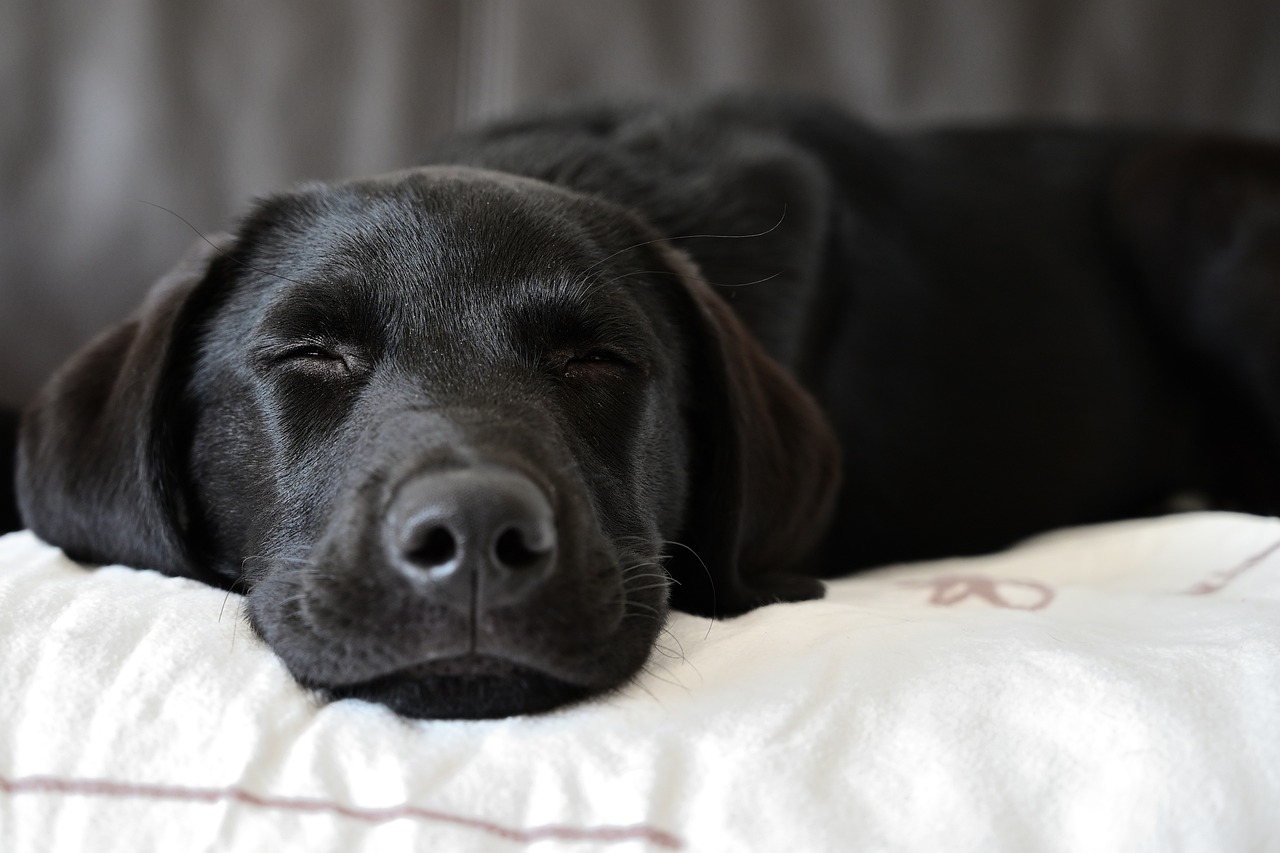
2. Golden Retriever
Much like their Labrador cousins, Golden Retrievers are beloved for their adaptable and outgoing personalities. They are exceptionally gentle and attentive, which makes them wonderful companions for children of all ages. Goldens thrive on affection and can integrate well into the dynamic nature of a large family. Their tolerance and loving nature make them not just pets, but true family members who share in the joys and activities of their human pack. They are also highly trainable, which is crucial for maintaining harmony in a bustling home.
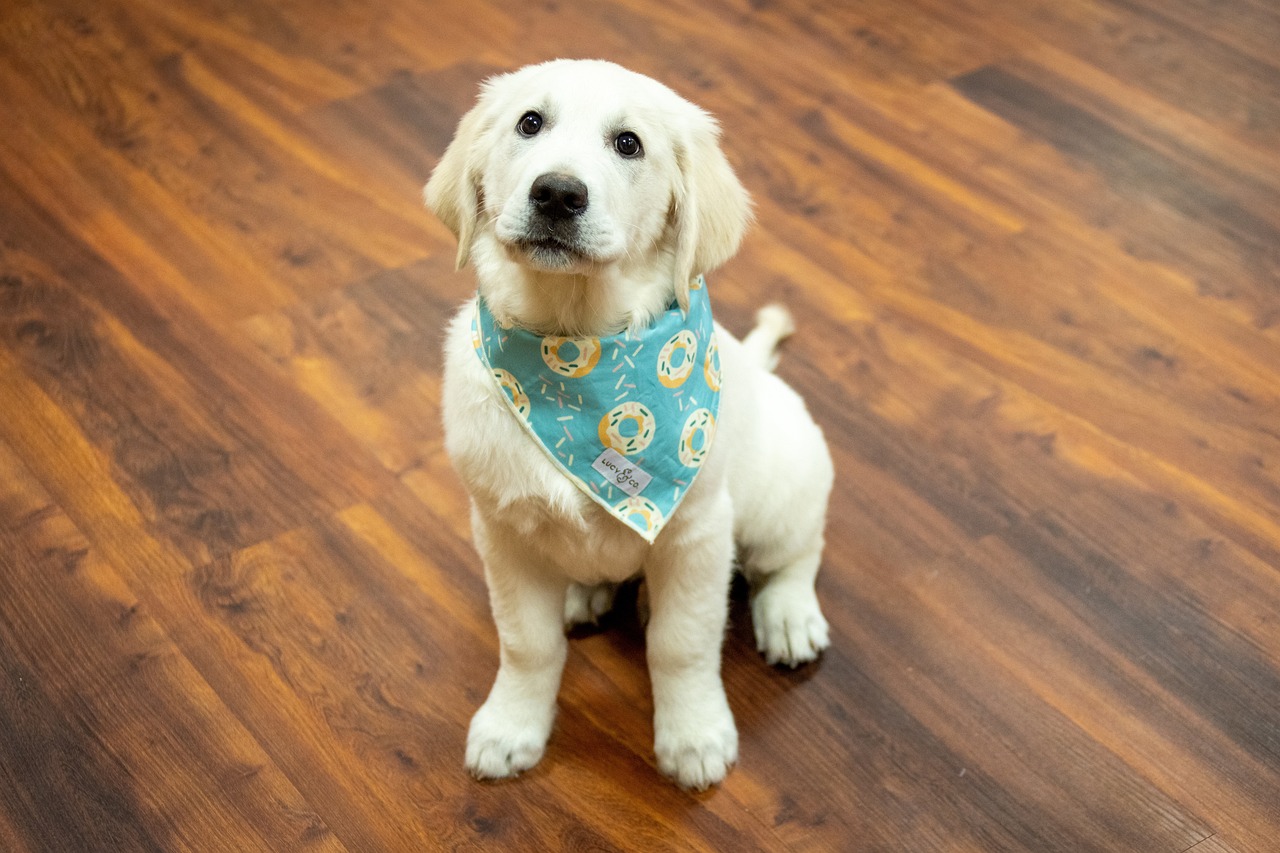
3. Boxer
Boxers are known for their boundless energy and playful spirit, which make them ideal for families with children who enjoy outdoor activities. They are protective yet gentle, often forming an especially close bond with the younger members of the family. Boxers are patient and resilient, qualities that help them cope well in a noisy, active environment. Their loyalty and affectionate nature make them a joy to have around, ensuring that they are not just tolerated but deeply loved by all family members.
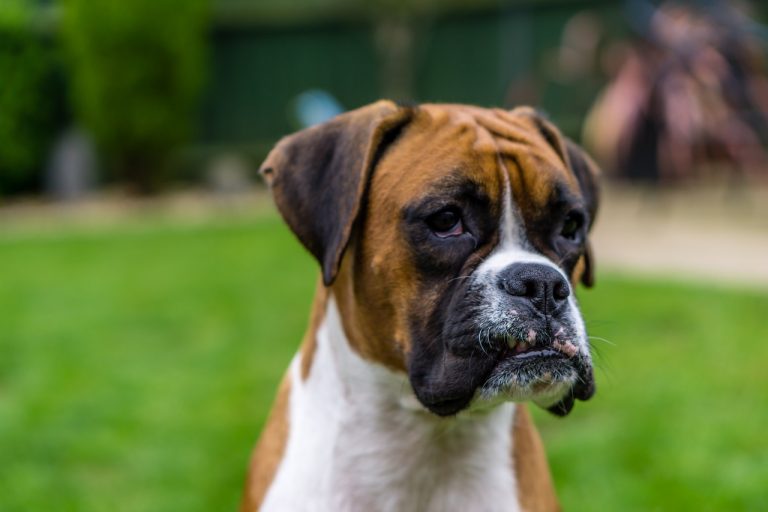
4. Irish Setter
Known for their striking red coat and boundless vitality, Irish Setters thrive in environments where they can be part of daily activities and regular family outings. They are exceptionally friendly and outgoing, never shy about meeting new people or exploring new environments. Irish Setters are also known for their clownish behavior, often entertaining the family with their antics. Their sociability and need for companionship mean they mesh well in homes where someone is always around to interact with them.

5. Newfoundland
Newfoundlands are gentle giants, renowned not only for their immense size but also for their calm and sweet nature. They are particularly good with children, often referred to as “nanny dogs” because of their protective instincts and patient demeanor. Despite their large size, Newfoundlands are known to be one of the best breeds for families, adaptable to both playing gently with young children and providing comforting presence for older members.
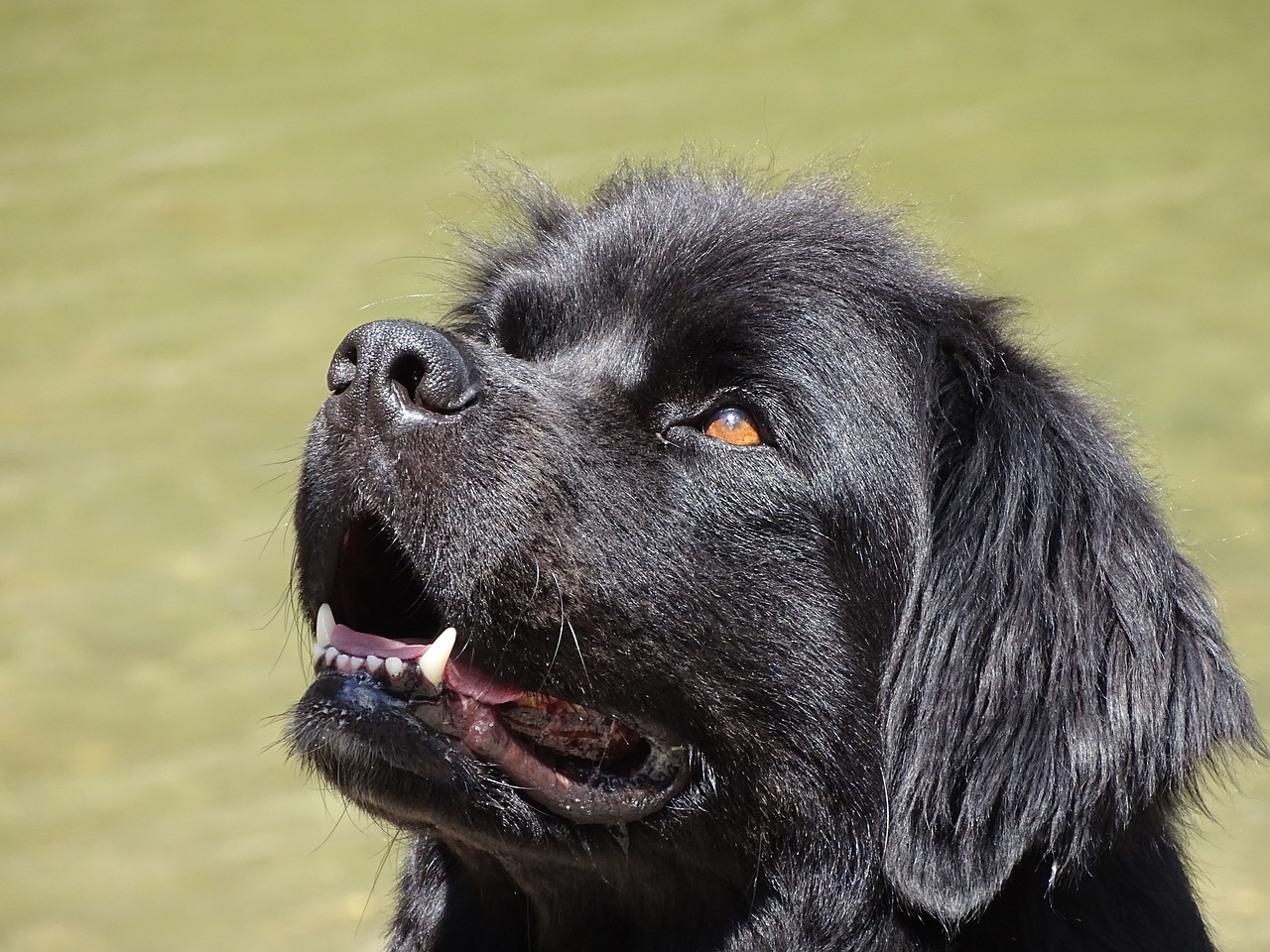
6. Collie
Collies are both intelligent and graceful, known historically as much for their herding skills as for their compatibility with children. They are protective yet gentle, always alert to the needs and safety of their family members. Collies are highly trainable and excel in homes that can provide them with both physical and mental stimulation. Their affectionate nature and ability to adapt to family dynamics make them excellent companions in large, active households.
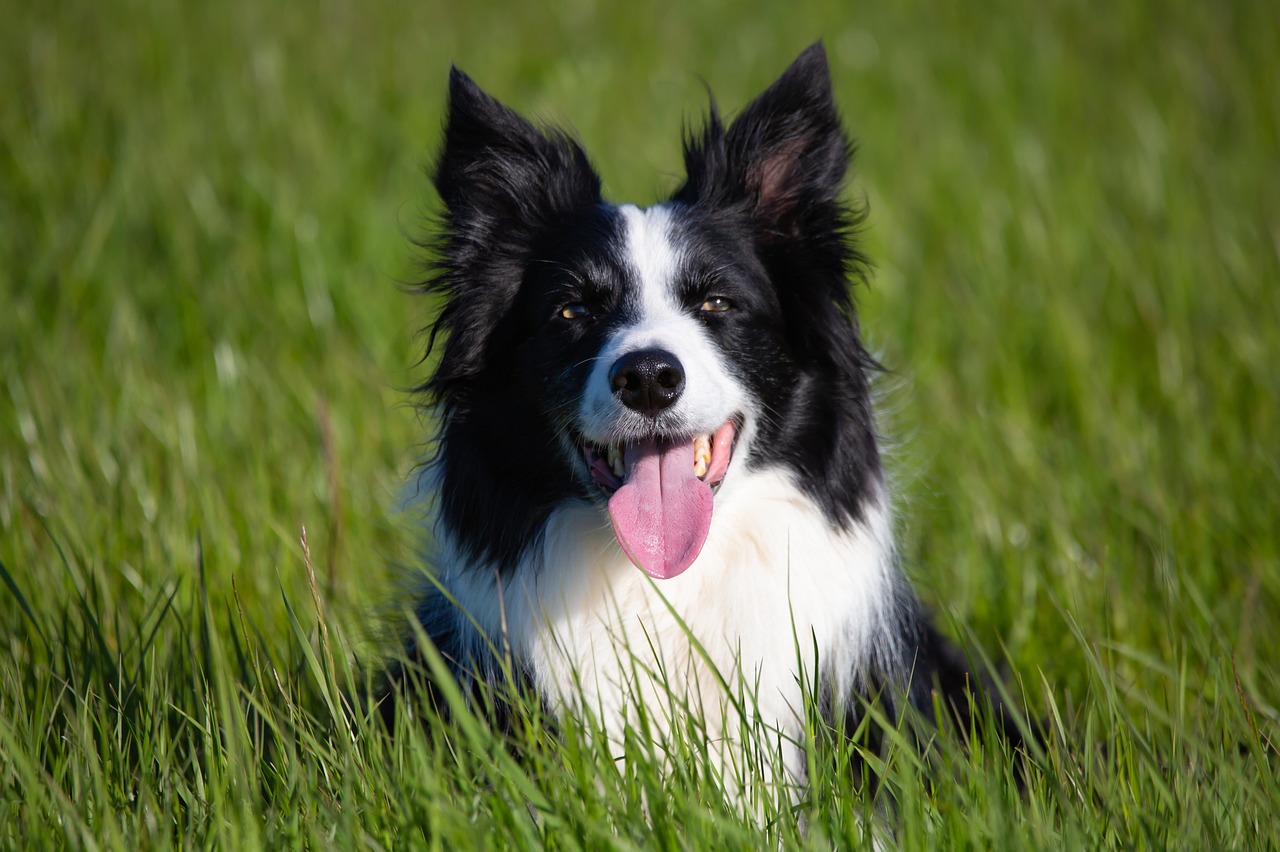
7. Bichon Frise
Despite their small size, Bichon Frises have a hearty disposition and love being part of a large family. They are known for their cheerful demeanor and robust health, rarely showing shyness or aggression. Bichons are playful and thrive on interaction, fitting perfectly into family life where they can be the center of attention and affection. They are particularly good for families with allergies, thanks to their hypoallergenic coat.
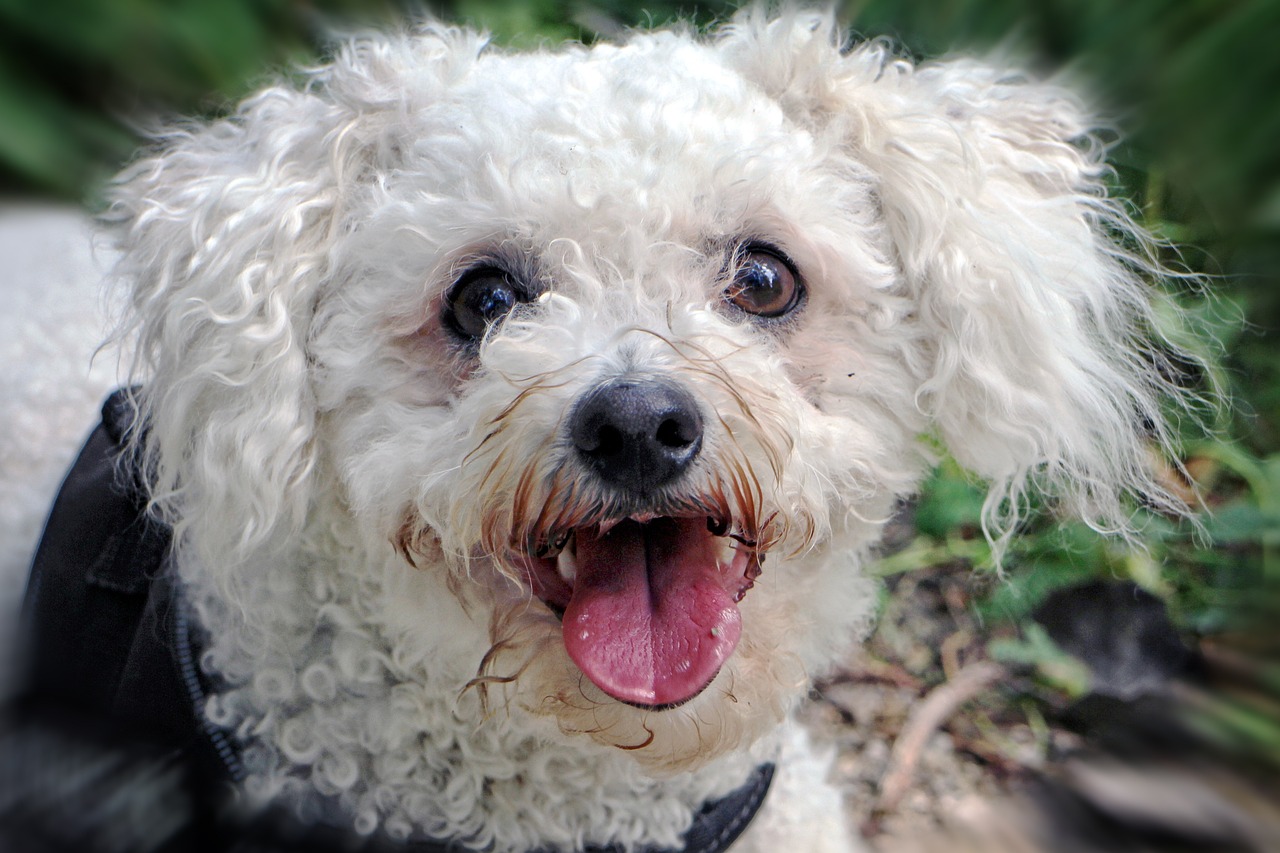
Breeds That Prefer Quieter Environments
1. Basenji
Basenjis are known for their reserved and independent nature. They tend to prefer quiet environments and can become overwhelmed by too much noise and activity. Basenjis are often aloof with strangers and do not typically seek out affection from everyone, preferring a more subdued approach to family life. Their quiet nature is complemented by a curious and intelligent demeanor, making them well-suited for people who appreciate a less demanding companion.
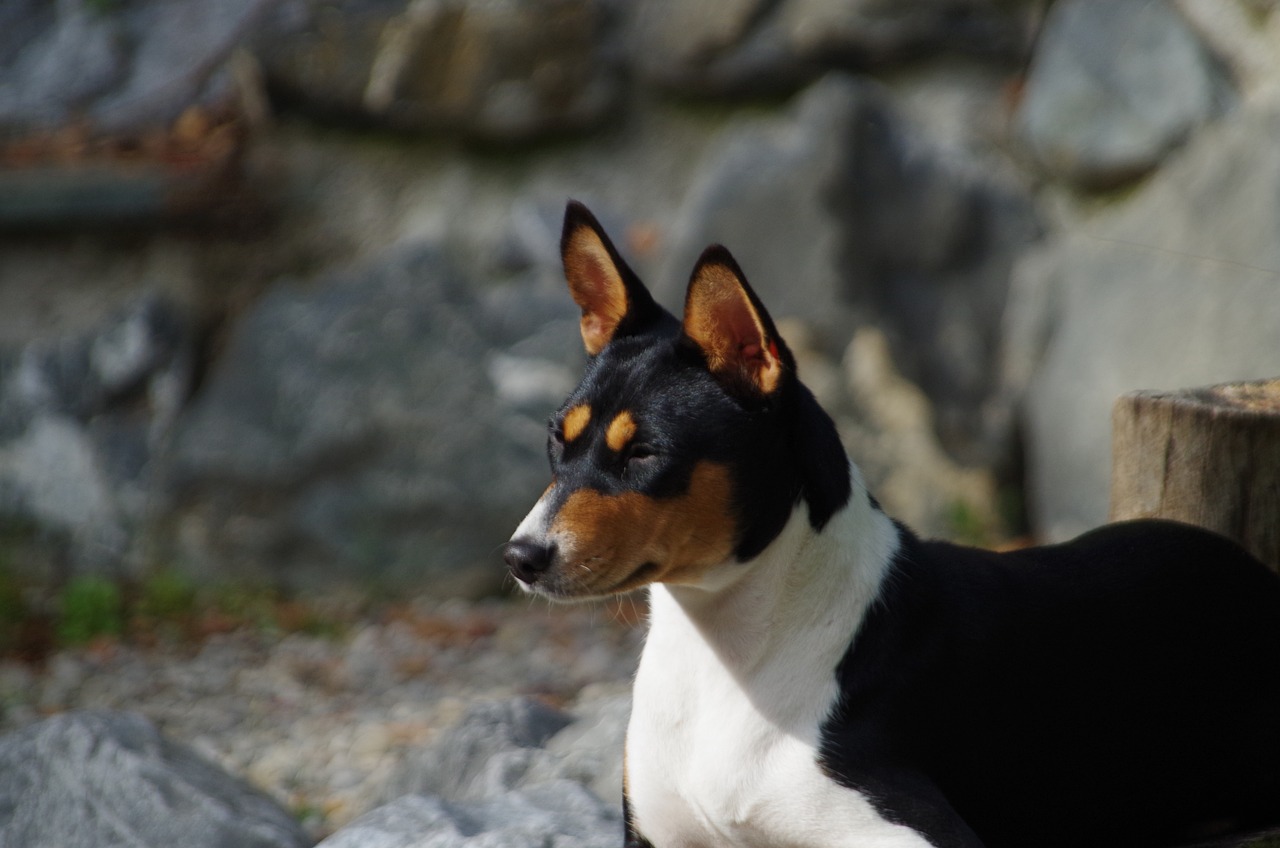
2. Chow Chow
Chow Chows are another breed that values tranquility over chaos. They are known for their aloof and sometimes stubborn nature, often forming a close bond with only one or two family members. Chow Chows are not very tolerant of noise and can be quite reserved, especially around children. They require a calm environment and an owner who understands their need for independence.

3. Afghan Hound
Afghan Hounds are majestic and independent dogs that carry themselves with dignity and a certain aloofness. They are not very interactive, preferring to remain at a distance rather than engaging in rough play or noisy activities. Afghan Hounds require a quiet home where their space is respected and their serene nature is appreciated. They are better suited to households without small children or too many other pets.

4. Saluki
Salukis are reserved and gentle dogs that often prefer the quiet life. They are sensitive to loud noises and chaotic environments, thriving instead in peaceful settings. Salukis are affectionate with their families but in a reserved manner, often choosing to show their love in quiet, subtle ways. Their need for calm makes them less suited to busy households but excellent for seniors or families without young children.
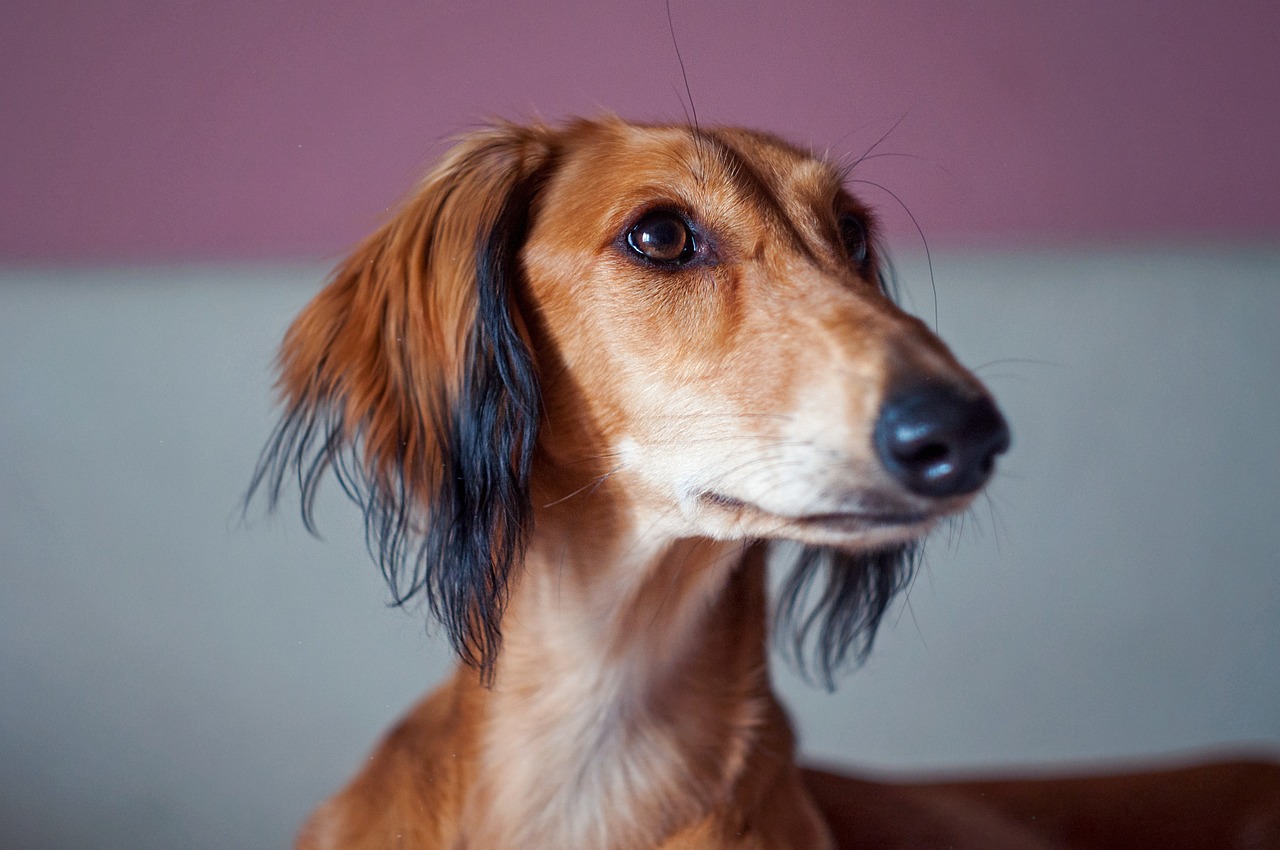
5. Shiba Inu
Shiba Inus are small but independent dogs that do not necessarily thrive in large family settings. They are often more reserved and can be wary of strangers, including extended family members they do not see often. Shiba Inus prefer a predictable routine and a calm environment where they can have their space respected. They are loyal to their immediate family but do not usually welcome the hustle and bustle of a big household.
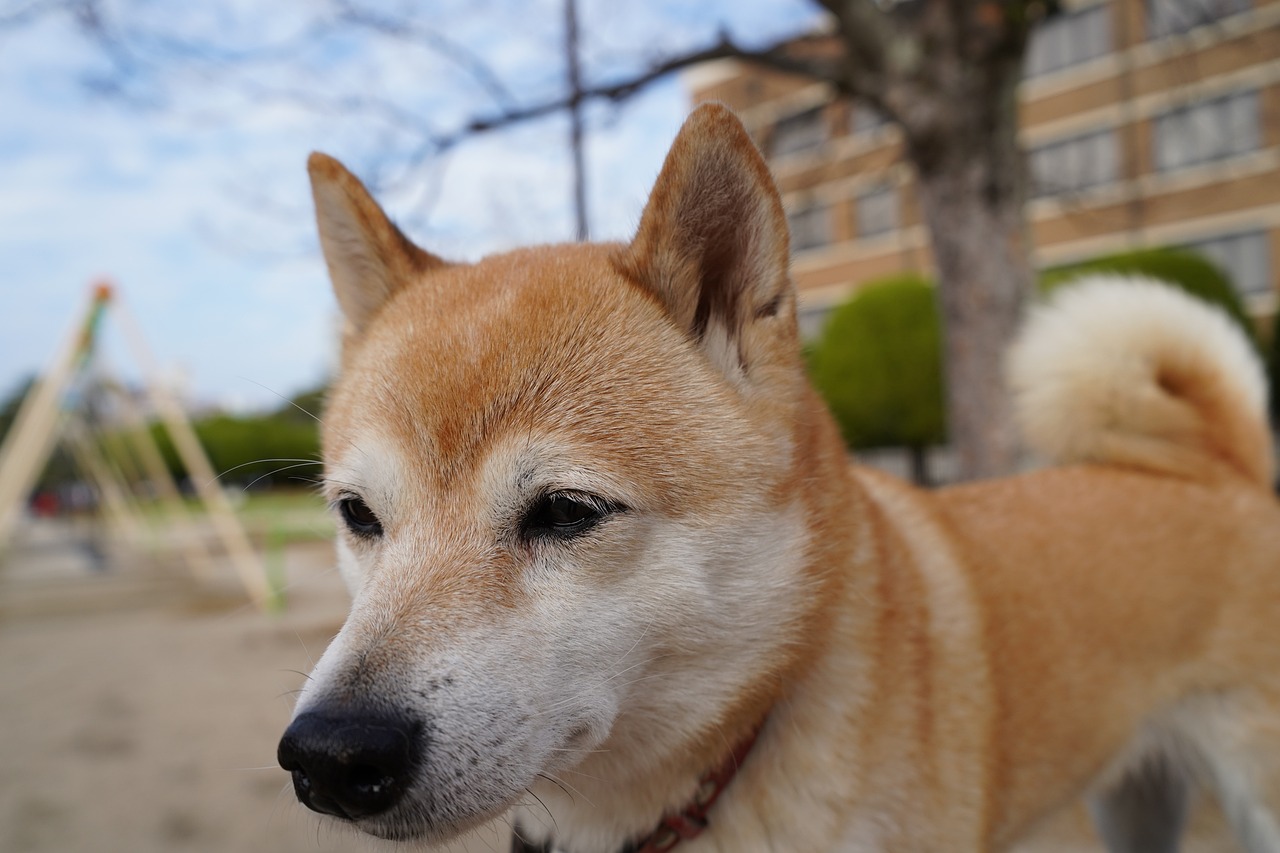
When choosing a dog breed, it’s essential to consider not just the size or look of the dog but also its personality and energy level to match your family’s lifestyle. For larger, active families, breeds like the Labrador Retriever and Golden Retriever offer the perfect blend of energy and patience, while for quieter, smaller households, breeds like the Basenji and Chow Chow might provide the calm companionship more suited to the environment. Each dog breed has its unique set of traits that make them more suitable for different types of families, ensuring that every family can find the perfect canine companion.
 Toledo, United States.
Toledo, United States.